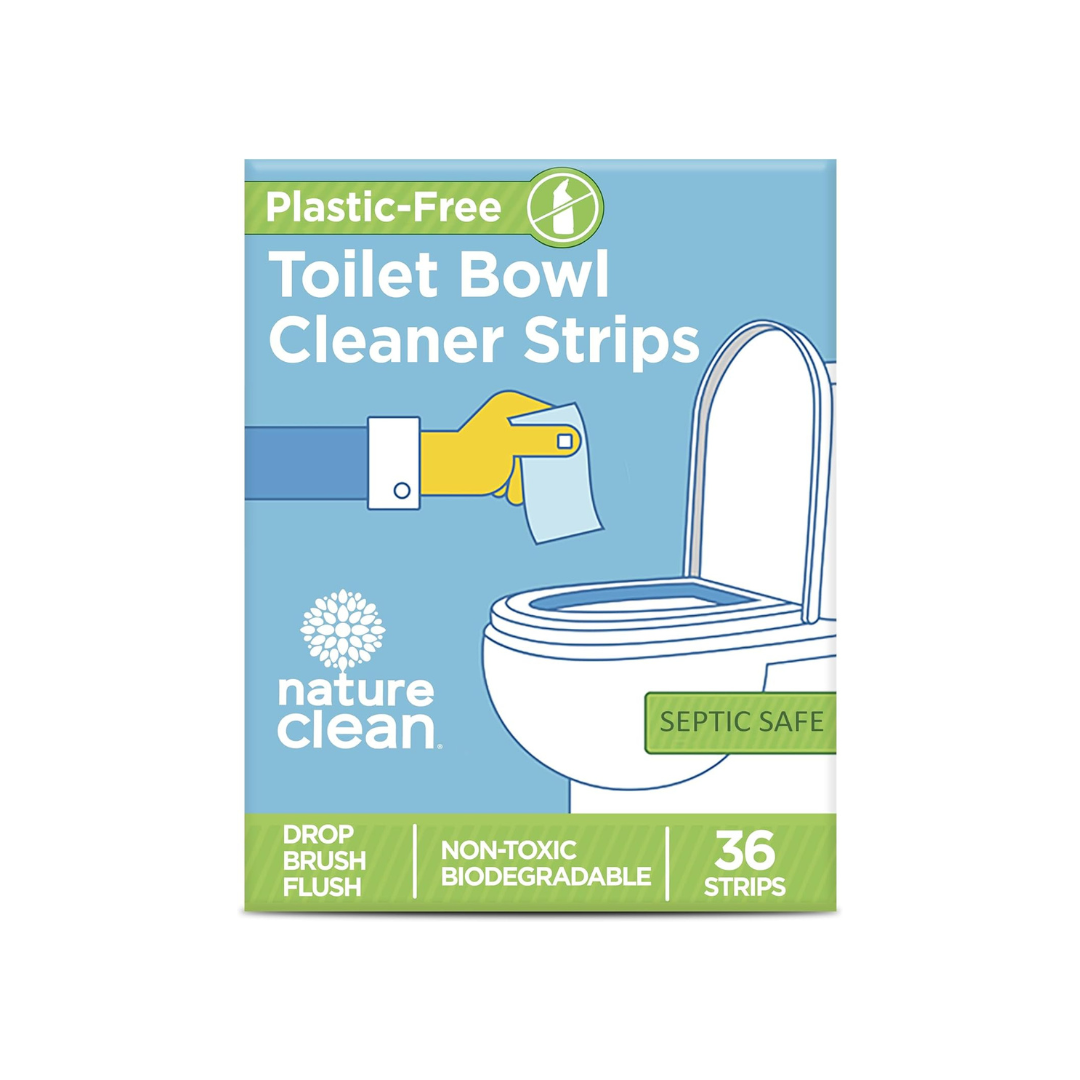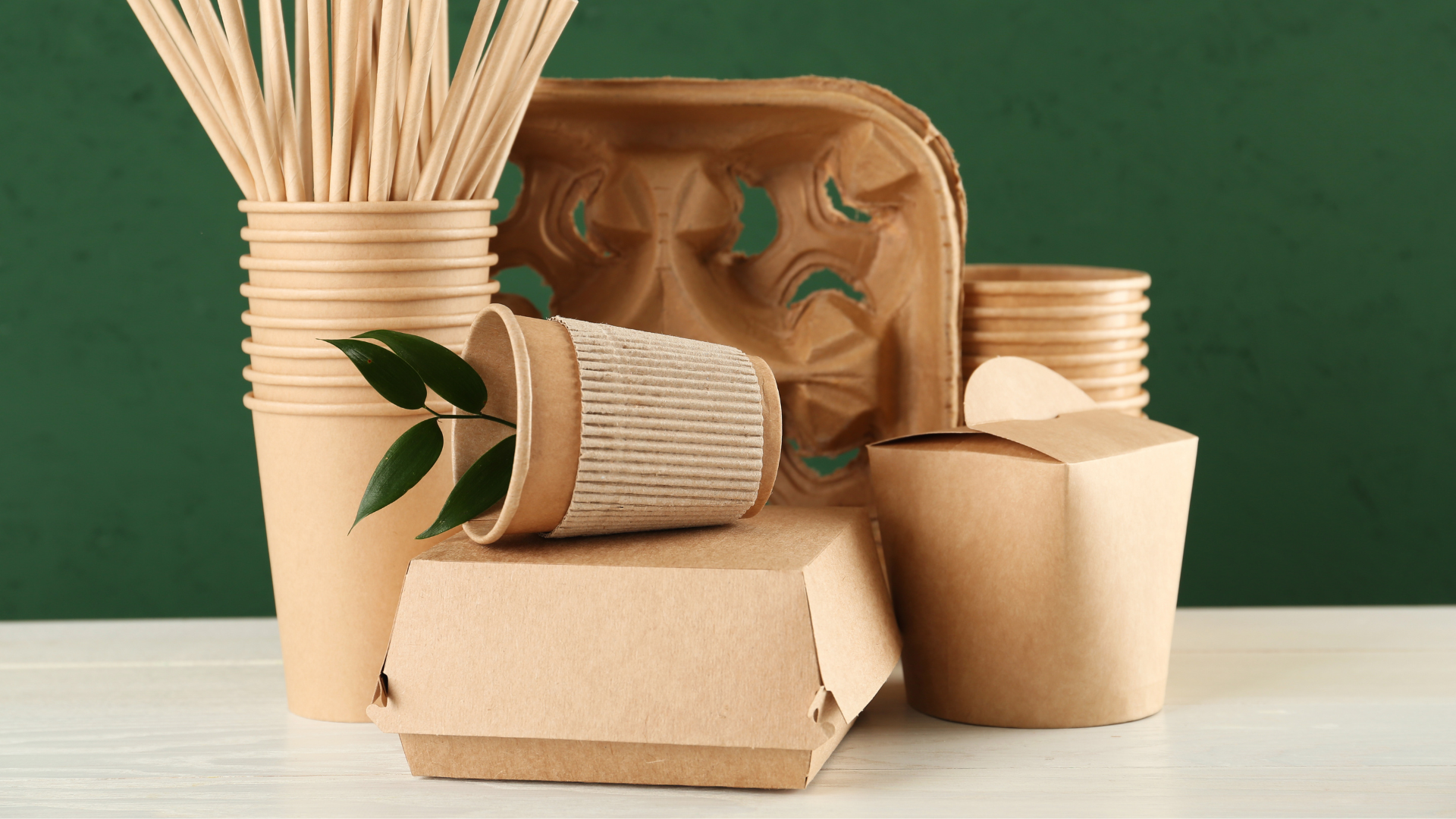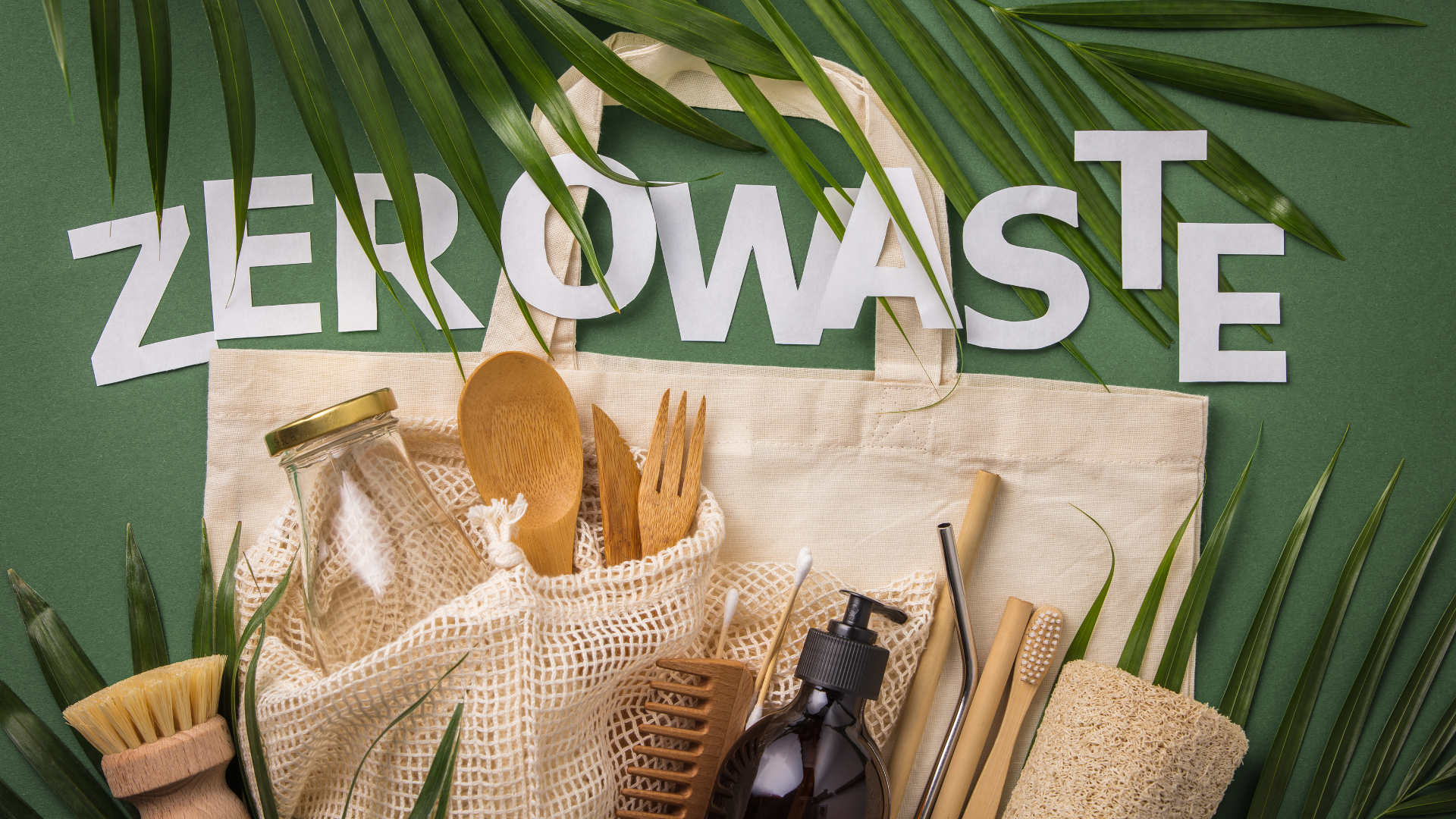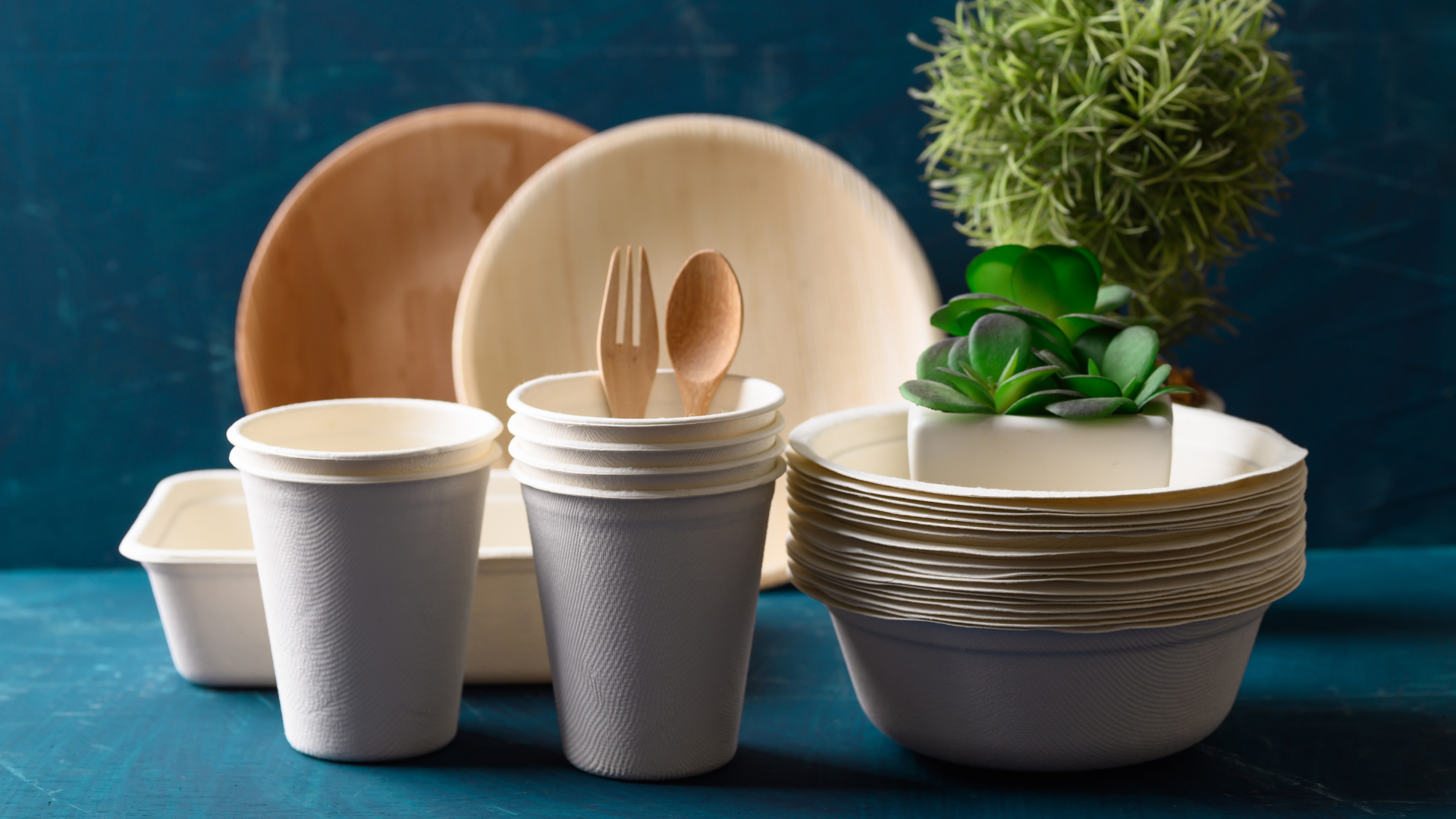Sustainable gardening and landscaping represent a transformative approach to cultivating our gardens and outdoor spaces in harmony with nature. Unlike traditional methods, which often rely heavily on chemical interventions and practices that can be detrimental to the environment, sustainable gardening focuses on strategies that promote ecological balance and conserve resources.
This involves using techniques that support soil health, conserve water, and enhance biodiversity, thereby creating a garden that not only thrives naturally but also contributes positively to the surrounding ecosystem. By adopting these practices, gardeners can significantly reduce their carbon footprint, minimize waste, and create a safe, vibrant space for both plants and wildlife.
Sustainable Gardening Tips
1. Planning Your Sustainable Garden
Choose a Suitable Location: Select a spot that receives adequate sunlight and has good natural drainage to minimize the need for artificial adjustments.
Test and Improve Soil Naturally: Conduct soil tests to understand its composition and enrich it using organic compost, avoiding chemical fertilizers.
Incorporate Native Plants: Opt for native species that are adapted to your local climate and soil conditions, which will thrive without extra resources and support local wildlife.
Plan for Companion Planting: Utilize companion planting strategies to naturally repel pests and enhance plant growth, reducing the need for chemical interventions.
2. Water Conservation Techniques
Install a Drip Irrigation System: Drip irrigation delivers water directly to the roots of plants, reducing water wastage and evaporation.
Collect Rainwater: Set up rain barrels to collect rainwater from downspouts which can then be used for watering the garden, conserving tap water.
Use Mulch: Apply a layer of organic mulch around plants to help retain soil moisture, suppress weeds, and reduce the need for frequent watering.
Choose Drought-Resistant Plants: Opt for plants that require less water which will thrive in your local climate, reducing your garden's overall water consumption.
Check out one of our latest blogs for more tips & and tricks on Water Conservation.
3. Eco-Friendly Plant Care
Natural Pest Control: Employ biological pest control methods such as introducing beneficial insects like ladybugs or using neem oil and soap sprays instead of synthetic pesticides.
Organic Fertilizers: Use organic matter like compost, manure, or homemade plant food instead of chemical fertilizers, which enrich the soil and support plant health naturally.
Regular Pruning and Maintenance: Keep plants healthy by regularly removing dead or diseased parts, which helps prevent the spread of pests and diseases.
4. Supporting Biodiversity in Your Garden
Create Habitats for Wildlife: Incorporate features like birdhouses, bee hotels, and butterfly gardens to attract and support various pollinators and beneficial animals.
Plant a Variety of Species: Diverse plantings not only beautify your garden but also support a wider range of local wildlife, promoting a balanced ecosystem.
Avoid Chemical Treatments: Reduce or eliminate the use of chemicals in your garden to create a safer environment for wildlife and your family.
Leave Some Wild Patches: Allow certain areas of your garden to grow wild to provide natural shelter and resources for wildlife, fostering a mini-ecosystem.


















